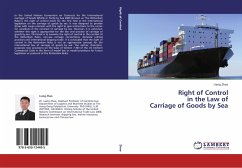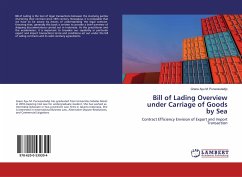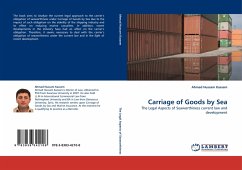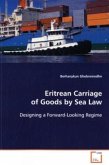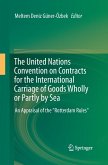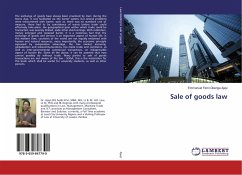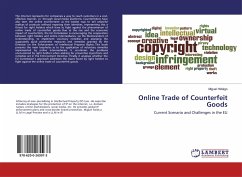In the United Nations Convention on Contracts for the International Carriage of Goods Wholly or Partly by Sea 2009 (known as "the Rotterdam Rules"), the right of control exists for the first time in the international legislation on the carriage of goods by sea. It was designed to provide those with cargo interests with the right to give instructions to the carrier for variations in the contract of carriage by sea. However, it is unknown whether this right is appropriate for the law and practice of carriage of goods by sea. This book is to examine the right of control in the context of the Rotterdam Rules, non-sea carriage conventions, domestic judicial practices and international shipping trade. It is concluded that the right of control in the Rotterdam Rules is not an appropriate concept for the international law of carriage of goods by sea. The author, therefore, proposes new provisions on the basis of Section 7-303 of the US Uniform Commercial Code in the form of model law or model provisions for future legislation or protocol of the Rotterdam Rules.

